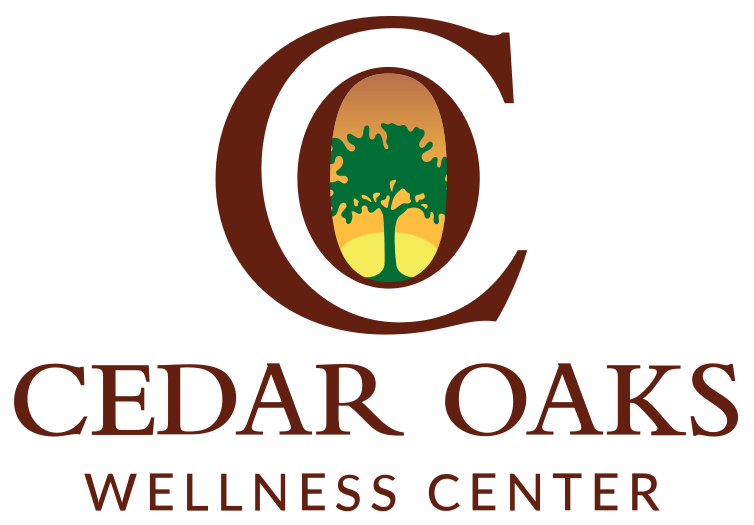According to a 2021 survey by SAMHSA, roughly 9.2 million adults in the United States have co-occurring disorders. When a person is diagnosed with both a mental health disorder and a substance use disorder at the same time, it is commonly referred to as a dual diagnosis. One treatment approach that holds promise for individuals with dual diagnoses is mindfulness-based cognitive therapy (MBCT).
Keep reading to delve into the details of MBCT, its effectiveness, and how it can positively impact the lives of those with a dual diagnosis.
What are the Most Common Kinds of Dual Diagnosis?
Research suggests that many people may experience a range of common kinds of dual diagnosis. These can include:
- Depression and alcohol use disorder
- Anxiety disorders and cocaine addiction
- Bipolar disorder and opioid dependence
- Post-traumatic stress disorder (PTSD) and cannabis abuse
It’s important to acknowledge there are numerous other potential combinations out there.
Individuals may encounter a wide range of mental health concerns alongside the difficulties of substance abuse.
Delving into the Connection Between Mental Health and Addiction through Dual Diagnosis
It is undeniable that mental health and addiction are linked as these two conditions tend to aggravate each other. That’s why it is essential to have treatment options that address both parts of dual diagnosis. We can best help those facing dual diagnosis by providing integrated care for mental health and substance abuse.
Exploring the Intricacies of Mindfulness-Based Cognitive Therapy
Mindfulness-based cognitive therapy integrates cognitive behavioral techniques with mindfulness strategies that have proven successful. The aim is to deal with irrational thoughts that lead to unhealthy habits such as drug use. This therapy can also help individuals develop an awareness of the importance of being fully present in every moment.
The Mechanics of MBCT
MBCT utilizes a range of tactics to encourage self-awareness and acceptance, such as:
- Meditation
- Breathing exercises
- Yoga
These practices help individuals observe their thoughts without judgment, leading to a better understanding of their triggers and the development of healthier coping strategies.
It’s particularly beneficial for those dealing with addiction and mental health conditions, as it effectively addresses both aspects.
Benefits
Multiple case studies have demonstrated the extensive benefits of mindfulness-based cognitive therapy (MBCT) for individuals facing a dual diagnosis. Engaging in mindfulness practices can profoundly impact mental well-being, reshaping the brain and enhancing attention, emotional regulation, and decision-making capabilities. Notably, a study revealed that MBCT for dual diagnosis substantially decreased relapse rates in substance use.
Challenges
Nevertheless, it is crucial to acknowledge that MBCT, similar to any therapeutic approach, presents challenges.
- Commitment and consistent practice are necessary for optimal results.
- It’s essential to be aware that relapse is always possible, requiring ongoing effort and support.
Overall, MBCT offers valuable tools and techniques that can empower individuals on their journey to recovery and improved mental health.
Applying Mindfulness in Addiction Recovery
People who have a dual diagnosis can include mindfulness practices as part of their journey to recovery. Here’s how you can integrate mindfulness into your addiction rehab process:
- Set aside a few minutes daily for mindfulness practices such as deep breathing or body scan meditation. These exercises can help cultivate a sense of serenity and enhance your overall well-being.
- Partake in mindful pursuits like practicing yoga, immersing yourself in nature during walks, or journaling.
- Join a mindfulness therapy group where you can learn and practice mindfulness techniques with others with similar experiences.
- Develop a nurturing sense of self-compassion and wholeheartedly accept yourself and your circumstances.
It’s essential to start with small steps and gradually incorporate mindfulness techniques into your daily life for a holistic approach to healing.
Explore the Benefits of Cognitive Therapy for Dual Diagnosis at Cedar Oaks Wellness
Cedar Oaks Wellness, a Cincinnati drug and alcohol rehab center, offers various addiction therapy programs in Ohio to help you recover. Our services include detoxification, residential care, outpatient treatment, and dual diagnosis treatment.
We pride ourselves on our team of experts whose priority is using cognitive therapy as a practical approach for dealing with co-occurring mental health and substance abuse disorders. We are here to help you recover every step of the way; contact us today!


